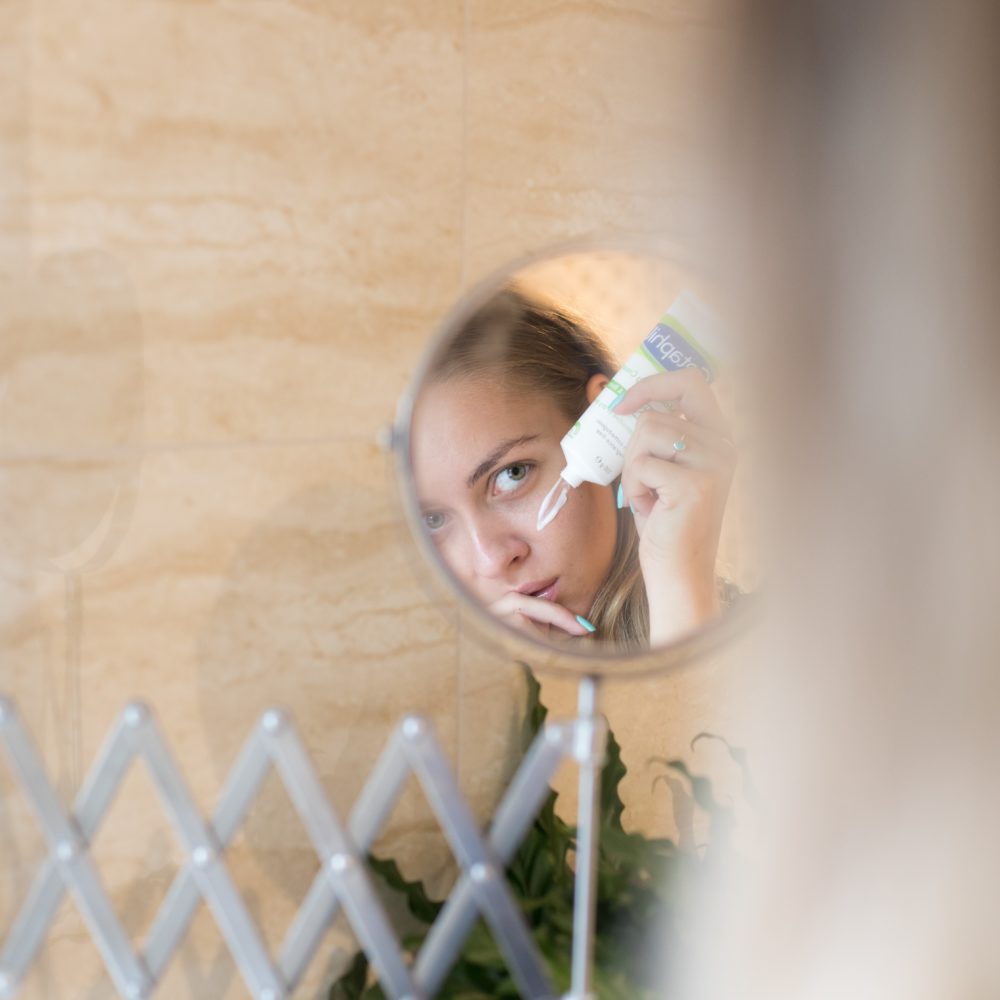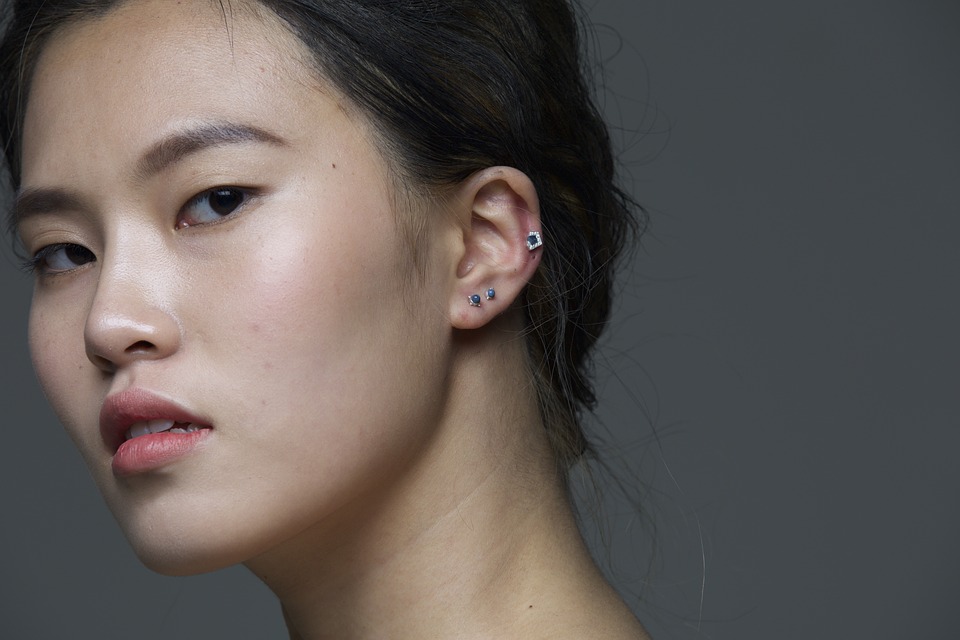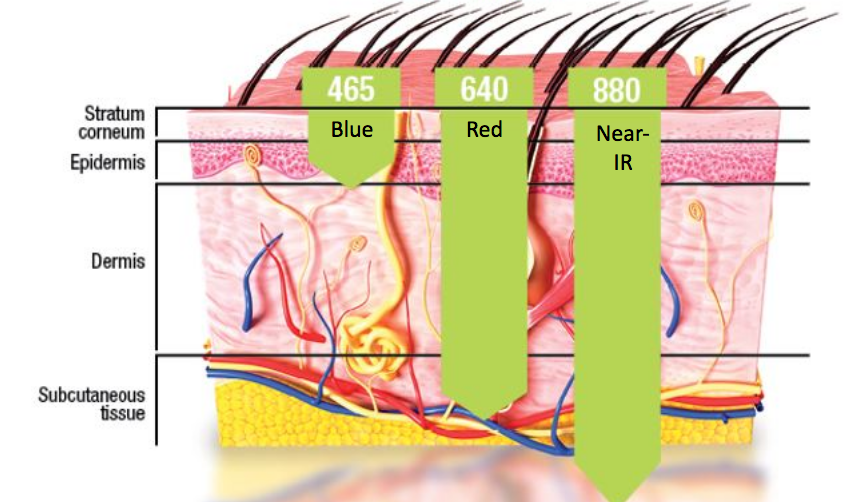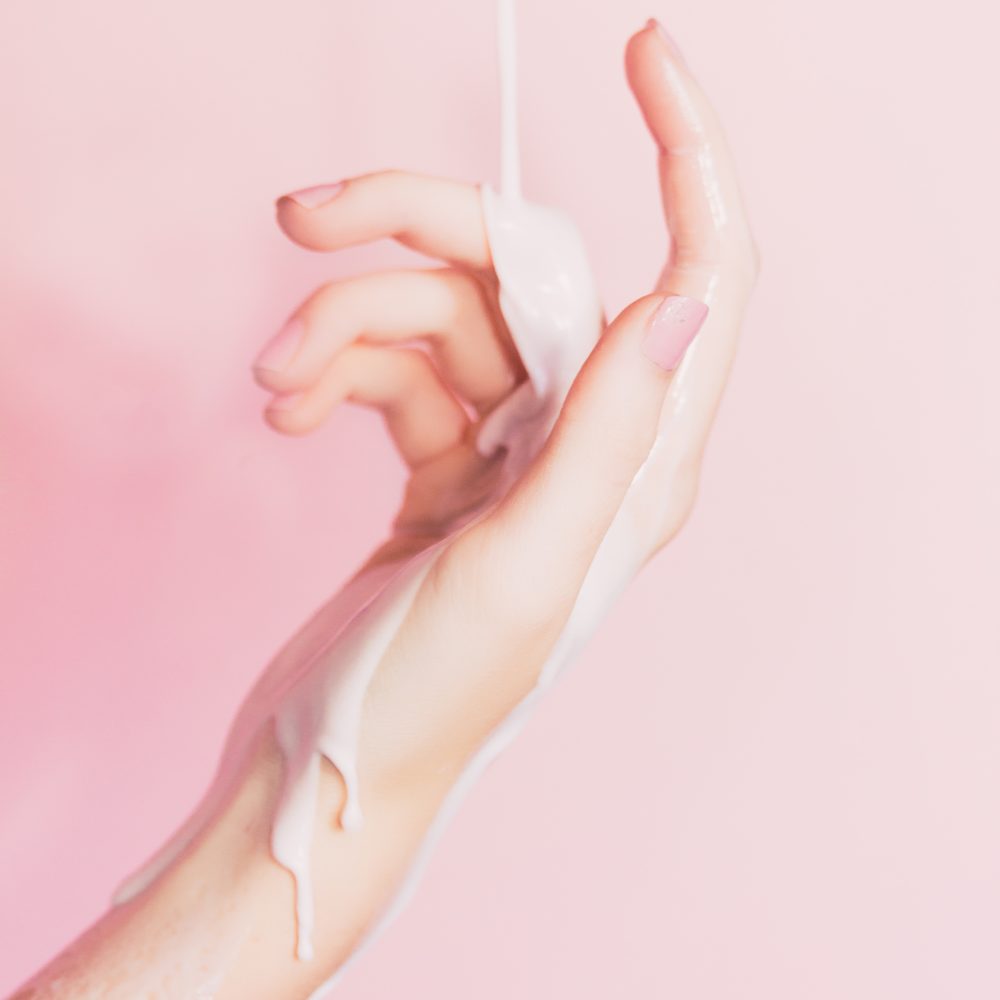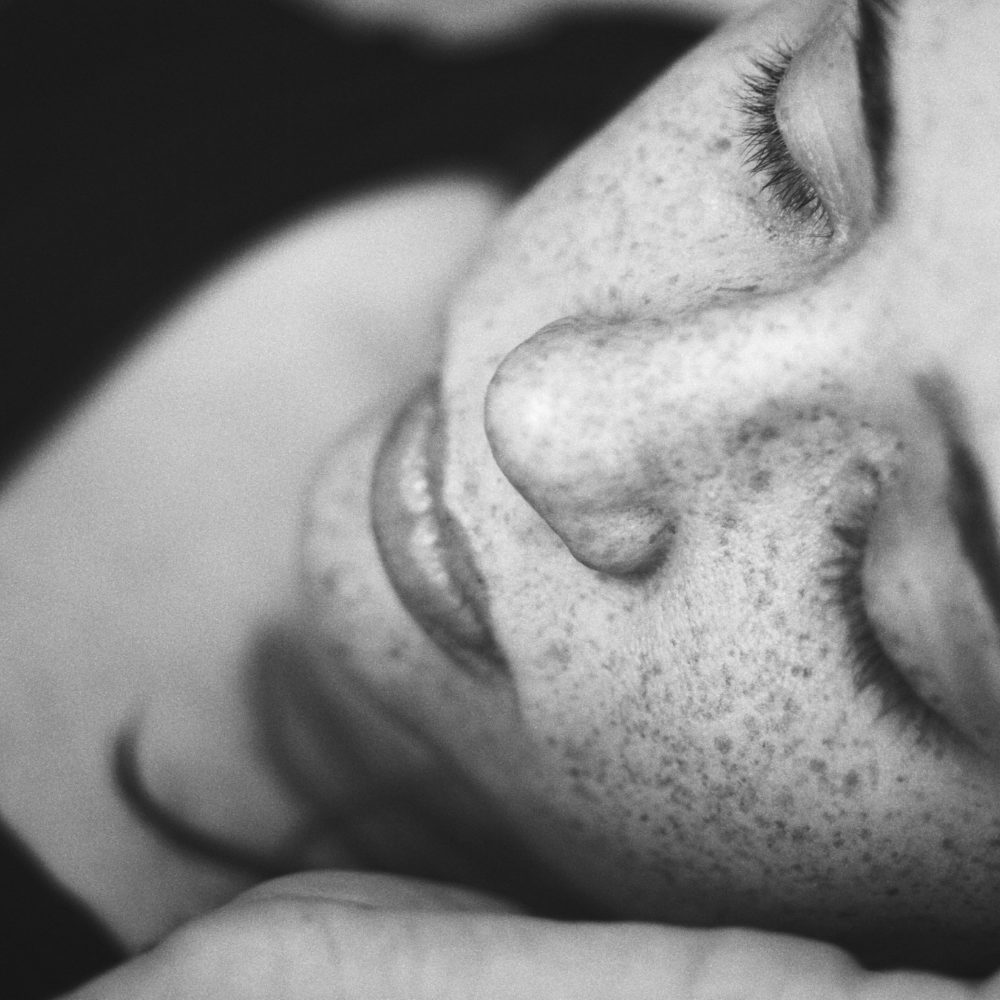I paused before applying SPF this morning, about to take my dog for her morning walk. When was the last time I washed my face?
Only three days into a weeks long “shelter in place” mandate for San Francisco county and my skin care routine is already suffering.
How should you care for your skin during this uncertain time?
Continue your normal daily routine whether you are working from home or providing an essential service out in the world. Your skin produces sebum, sheds dead cells, and collects dirt either way.
Are you spending more time in front of a computer, tablet, or phone screen? For most of us working from home, screen time has increased so adjust your topical antioxidants accordingly.
When you return home after being outside for any reason, wash your hands then wash your face. A clean face can help keep germs away from your nose and mouth.
Wash your hands before you apply any product to your face, even if you have been at home all day. If your facial skin becomes dry from extra cleansing, switch to a cream cleanser.
Extra washing will dehydrate the skin on your hands so add a rich hand cream to your routine both morning and night. Apply a protective ointment like Aquaphor to your cuticles.
Make sure your water intake is adequate. Changes to our normal routine make it easy to forget to stay hydrated.
Running low on skin care products? The online store is open for business.
Need a new skincare routine? Have an Online Skin Care Consult with Hannah.












